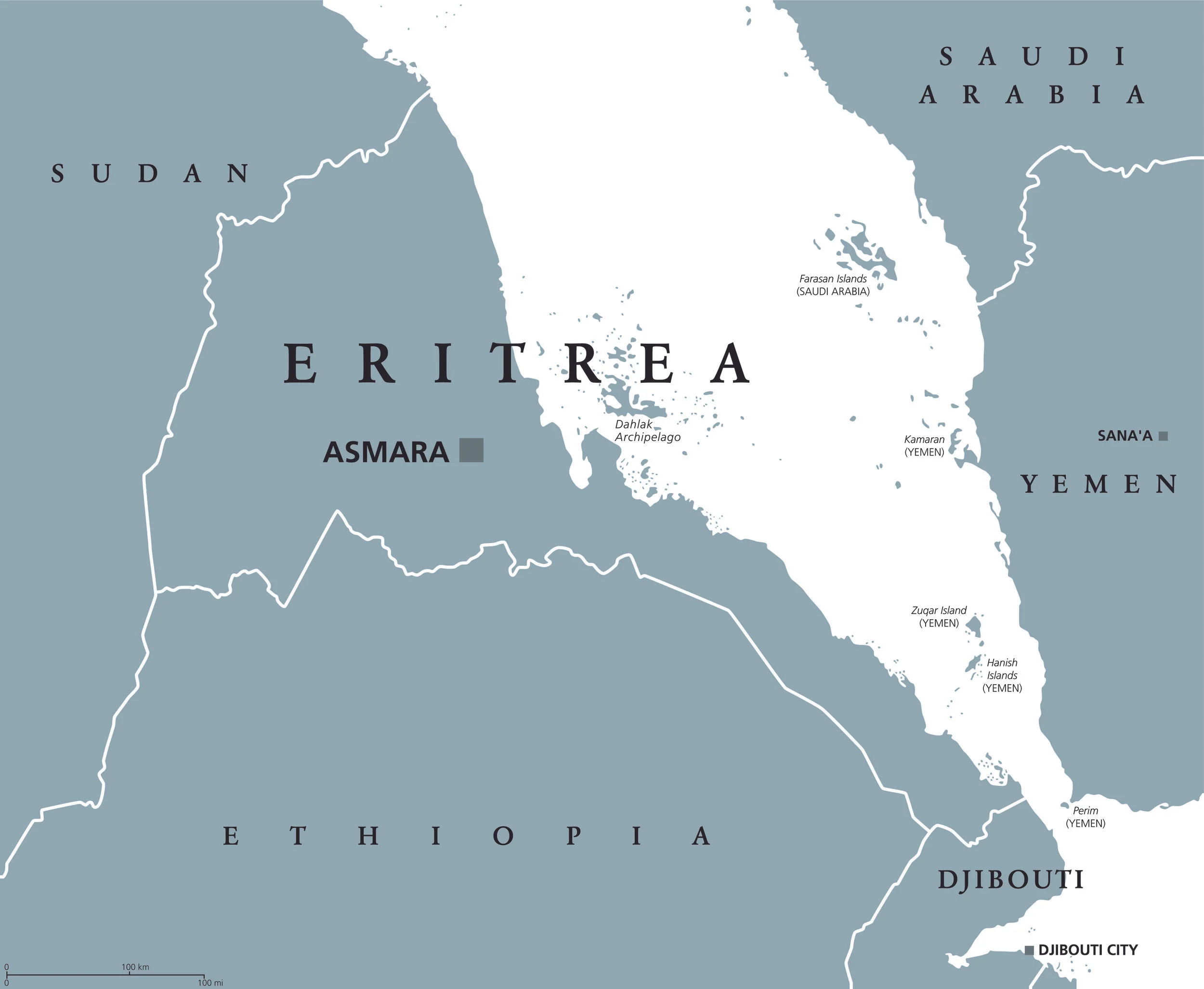After a 30-year war with Ethiopia, in 1991 the people of Eritrea had finally won their freedom and voted overwhelmingly to become an independent nation. Having fought long and hard for autonomy, many Eritreans looked forward to self-rule and democracy.
Sadly, the prosperous future imagined by the Eritrean people never arrived - slowly stolen, piece by piece, by Isaias Afwerki, the country’s first and only president.
Former guerrilla leader Isaias was careful to consolidate his power in increments - saying that it takes time to build a democracy, so the people gave him time. In 1998, a war broke out with Ethiopia over disputed territory, ending in stalemate in 2000, with Ethiopia refusing to withdraw its troops and demarcate the border. The end of the conflict encouraged Eritreans to openly call for the democratic reforms which had been ‘put on hold’ by Isaias’s regime. However, President Isaias chose to double down on authoritarianism - moving in 2001 to permanently silence opposition, effectively establishing a dictatorship.


